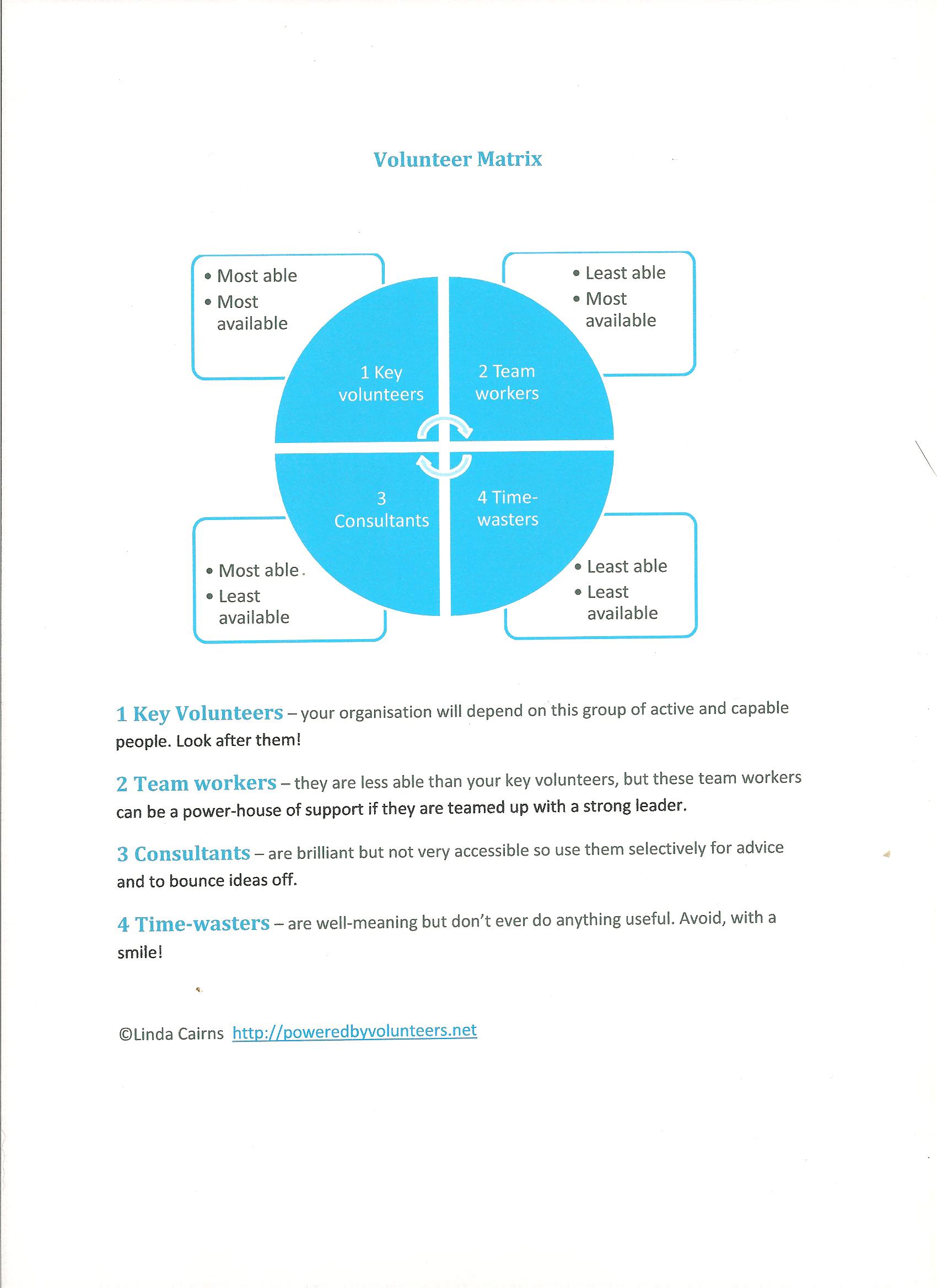“Paid only with badges, stickers and memories, those beige-trousered philanthropists held the greatest show on Earth together in exactly the same way volunteers hold British sport together.” Matt Slater, talking about Olympic Games Makers in his report “How unpaid volunteers make the sports world go round”.
I like being described as a beige-trousered philanthropist but I am worried by the statistic that 3/4 of UK clubs have not noticed a change in the number of people volunteering after London 2012.
Clubs need to find volunteers and volunteers need to be better looked after. In an earlier post I looked at what can be done – and what is being done – for volunteers in sport. Can we really deliver an Olympic Sporting Legacy? was written at the time when the Olympic Village was sweeping up after the Olympians and getting ready to welcome the Paralympians.
As we all turn our attention to the BBC Sports Personality of the Year this weekend, give a thought to the volunteers who make your sport (or your children’s sport) happen. And if you are brutally honest, do you do your bit to support them?

